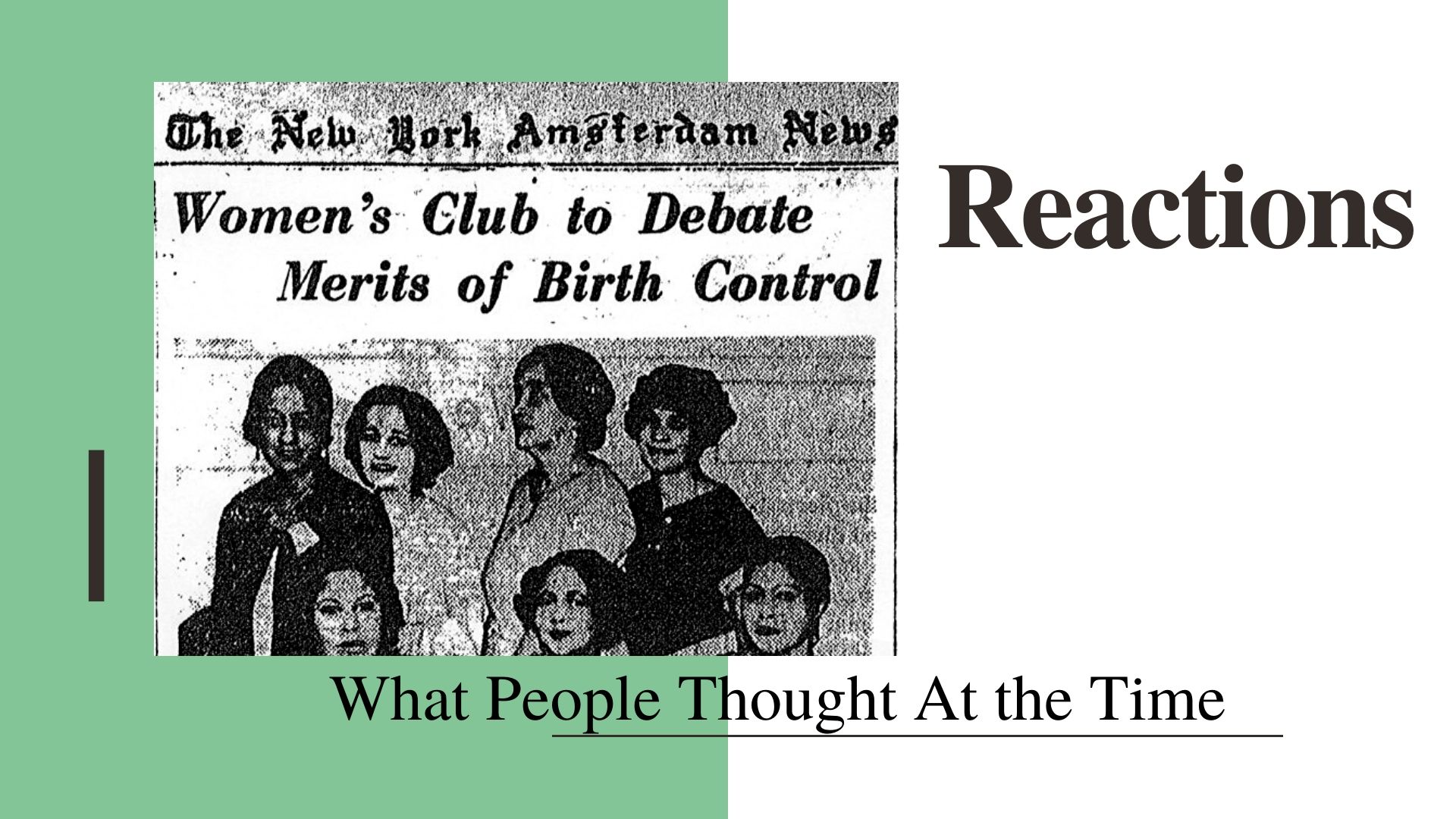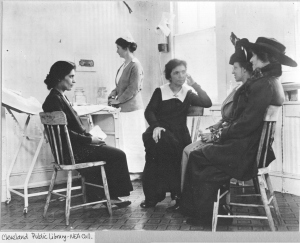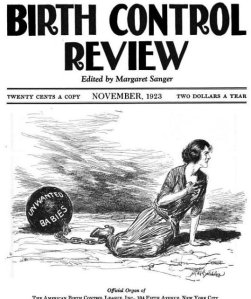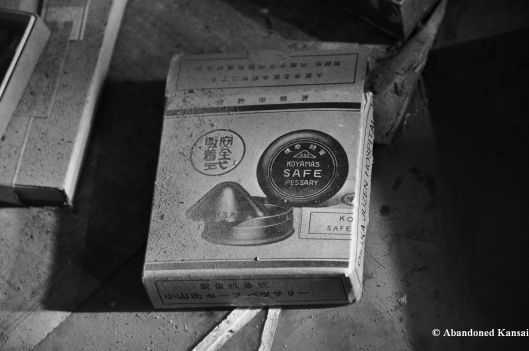"“The Woman Rebel”, for March 1914, is unmailable under the provisions of Section 211 of the Criminal Code as amended by the Act of March 4, 1911."
~ The New York Post Office

"Women's Club to Debate Merits of Birth Control" NYAN, 1932, November 9 from Smith College Libraries
Public Reactions
When Sanger first opened the first Birth Control Clinic to the public, it instantly gained popularity. Everyday women from all over New York City flocked to the building to get help and support from Sanger. The clinic allowed women to have safe and easy access to birth control, something that women before did not have.

"Sanger, her sister Ethel Byrne and Yiddish interpreter Fania Mindell counseling clients." - from the Margaret Sanger Papers Project
"Halfway to the corner they stood in line, shawled, hatless, their red hands clasping the chapped smaller ones of their children. All day long and far into the evening, in ever-increasing numbers they came, over 100 the opening day."
~Margaret Sanger recalling the opening of her birth control clinic, 1960
Government Reactions
The Government, however, was strongly against Margaret and her ideals. She and the rest of the women working with her at the clinic were arrested, trialed, and then sentenced for 30 days in prison.

"Margaret Sanger's Birth Control Review published during her time in prison" from the Margaret Sanger Papers Project
While she was in prison, her book “The Birth Control Review” was published. This book gained immense popularity and when Sanger got out of prison, she was famous.
World Reactions
Margaret Sanger’s influence did not stop just in America. Other countries like Sweden and Japan saw Sanger’s birth control movement and wanted their own. In these countries, birth control became a discussion because of Sanger’s influence. Margaret did not only create a movement in America but a movement around the world.

"Japanese Contraceptives, 1932"
from the Margaret Sanger Papers Project
Margaret describing her international travels from an interview with Mike Wallace